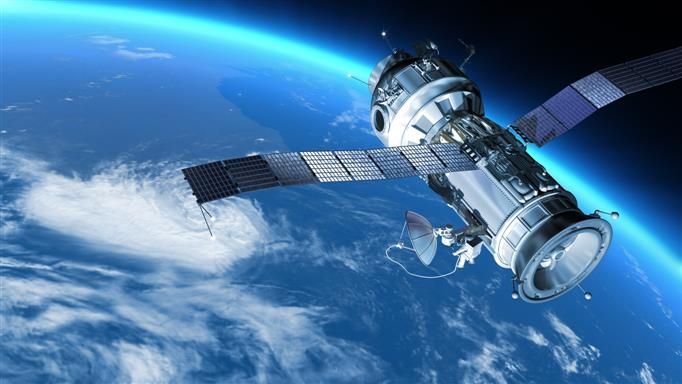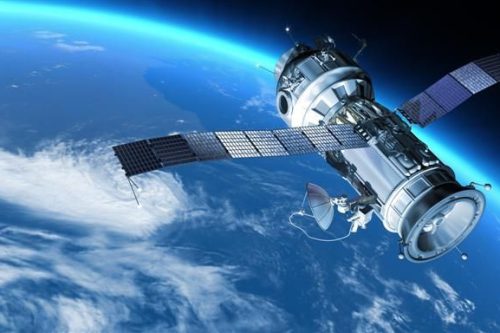
Back to selection
GEO Satellite
INSAT-3A GEO
succesfull
Launch date
9 April 2003
Country

Purpose
Communication
Position
93.5° East
Manufacturer
Indian Space Research Organization (ISRO)
Operator
Indian Space Research Organization (ISRO)
Launch operator
Launch vehicle
Ariane 5G
Expected lifetime
15 Years

INSAT-3A: Multipurpose Indian Satellite for Communications, Meteorology, and Search & Rescue
Overview
INSAT-3A is a multipurpose geostationary satellite developed by the Indian Space Research Organisation (ISRO) and launched in April 2003. It is the third satellite in the INSAT-3 series, following INSAT-3B and INSAT-3C. Positioned at 93.5° East longitude, INSAT-3A provides a wide range of services including telecommunications, weather monitoring, and search and rescue operations. The satellite was developed at a cost of $53 million USD and is operated from ISRO’s Master Control Facility (MCF) in Hassan, Karnataka.
Launch Details
-
Launch Date: April 9, 2003, at 22:52 UTC
-
Launch Vehicle: Ariane 5 by Arianespace
-
Launch Site: Guiana Space Centre, Kourou, French Guiana
-
Co-passenger: Galaxy-XII (PanAmSat)
INSAT-3A was inserted into a Geosynchronous Transfer Orbit (GTO) 30 minutes after launch. Its orbit parameters included a perigee of 859 km, apogee of 36,055 km, and an inclination of 1.99°. Using its 440 N Liquid Apogee Motor (LAM) and bipropellant propulsion system (MON-3 and MMH), the satellite was successfully maneuvered into its final geostationary orbit at 93.5° East.
Payload Overview
Communications Payload
INSAT-3A is equipped with a range of C-band and Ku-band transponders to support high-capacity telecommunications services:
-
12 Normal C-band transponders
-
9 channels: Expanded coverage from the Middle East to Southeast Asia (EIRP 38 dBW)
-
3 channels: India-only coverage (EIRP 36 dBW)
-
-
6 Extended C-band transponders for India (EIRP 36 dBW)
-
6 Upper Extended C-band transponders for India (EIRP 37 dBW)
-
6 Ku-band transponders for India (EIRP 48 dBW)
Meteorological Payload
INSAT-3A provides real-time weather monitoring through:
-
Very High Resolution Radiometer (VHRR):
-
Visible (0.55–0.75 µm) – 2×2 km resolution
-
Thermal Infrared (10.5–12.5 µm) – 8×8 km resolution
-
Water Vapor (5.7–7.1 µm) – 8×8 km resolution
-
-
CCD Camera:
-
Visible, Near-IR, and SWIR bands
-
High-resolution 1×1 km ground imaging
-
-
Data Relay Transponder (DRT):
-
Global coverage
-
Uplink: 400 MHz / Downlink: 4500 MHz
-
For meteorological, oceanographic, and hydrological data transmission
-
Search and Rescue Payload
INSAT-3A carries a Satellite Aided Search and Rescue (SAS&R) transponder:
-
SARP Payload
-
Uplink: 406 MHz
-
Downlink: 4500 MHz
-
Global receive with India-specific coverage
-
Supports distress beacon signals from air, sea, or land as part of the Cospas-Sarsat international system
-
GEO Satellite
INSAT-3A
succesfull
GEO Satellite
INSAT-3A
succesfull
